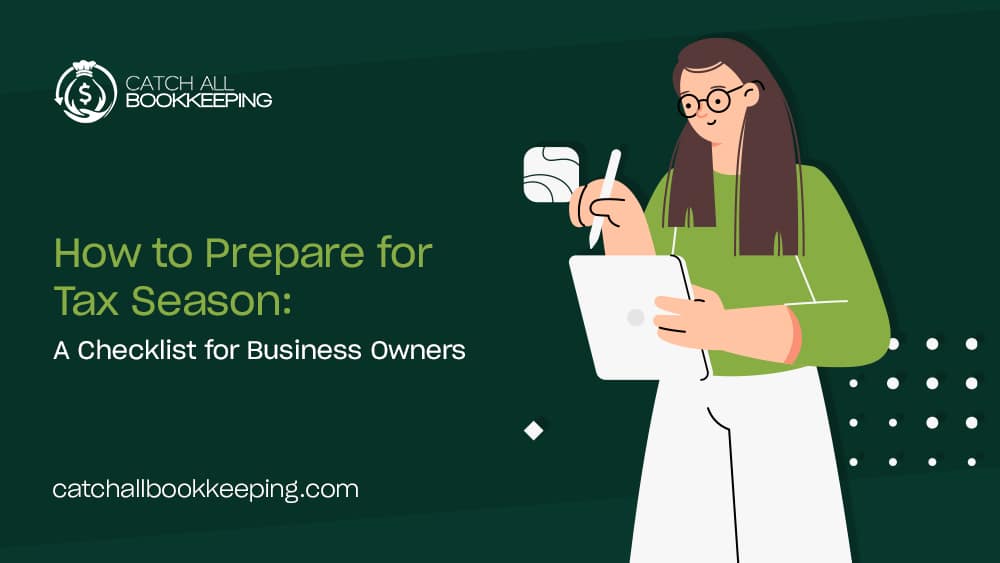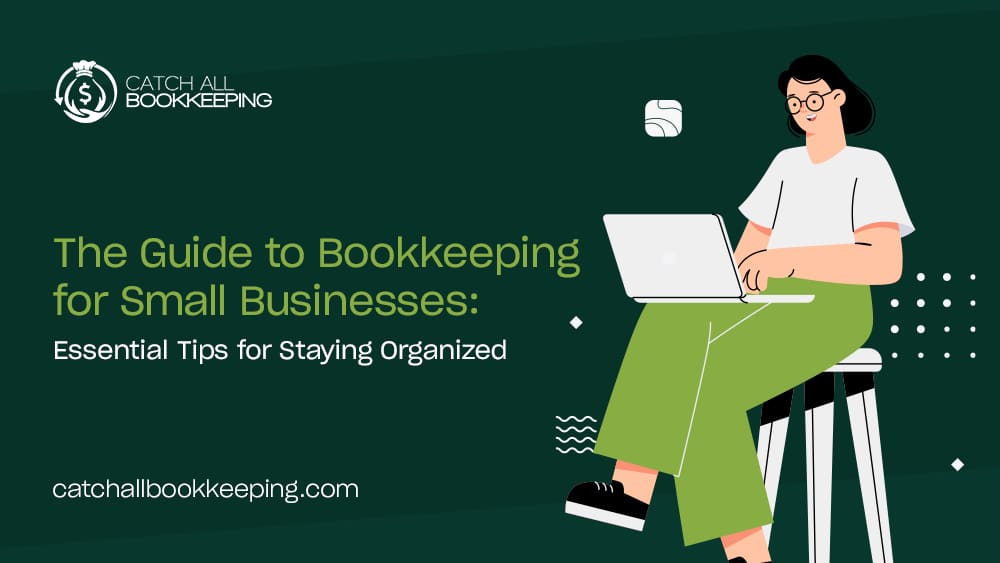As a business owner, tax season can often feel overwhelming. However, with proper preparation and organization, it can be a smooth and manageable process.
Here’s a comprehensive checklist to help you prepare for tax season and ensure you don’t miss any critical steps.
Gather and Organize Financial Documents
Start by collecting all the necessary financial documents. These include:
- Income Statements: Gather all sales records, bank statements, and other income sources to ensure you report all revenue accurately.
- Expense Records: Compile receipts, invoices, and bank statements that show business expenses. This will include office supplies, travel expenses, employee salaries, and more.
- Payroll Information: Make sure you have records of all employee wages and benefits, including Form W-2 for your employees and Form 1099 for independent contractors.
- Previous Tax Returns: Having your last year’s tax return handy can provide valuable context and help avoid errors in reporting.
Review and Update Your Financial Books
Before filing your taxes, it’s essential to review and update your financial books. This step ensures that all transactions have been recorded correctly and that your books are accurate.
- Reconcile Accounts: Check your bank statements against your accounting records to ensure they match. Look for any discrepancies and correct them.
- Review Accounts Receivable and Payable: Make sure all outstanding invoices are accounted for and that you’ve recorded all payments made to suppliers and vendors.
Check for Misclassifications: Ensure that all expenses and income have been categorized correctly. This can help maximize your deductions and reduce the risk of an audit.
Understand Tax Deductions and Credits
Understanding which deductions and credits your business qualifies for can significantly reduce your taxable income. Some common deductions include:
- Home Office Deduction: If you use a portion of your home exclusively for business purposes, you may be able to deduct a portion of your rent, mortgage, utilities, and other related expenses.
- Depreciation: You can deduct the cost of assets like machinery, vehicles, and equipment over time.
- Startup Costs: If your business is relatively new, you may be eligible to deduct some of your startup costs.
- Health Insurance Premiums: If you provide health insurance to your employees, you may qualify for tax credits.
- Business Use of Vehicle: If you use your car for business purposes, you can deduct expenses related to its use.
Consult with a tax professional to ensure you’re taking advantage of all applicable deductions and credits.
Stay Informed About Tax Law Changes
Tax laws frequently change, and it’s crucial to stay informed about any new regulations that may affect your business. The IRS website is a valuable resource for updates, or you may want to consult with a tax professional to understand the latest changes and how they impact your filing.
Consider Estimated Tax Payments
If your business is profitable, you might need to make estimated tax payments throughout the year. These payments are generally due quarterly and are based on your expected income, deductions, and credits. Paying estimated taxes can help you avoid penalties and interest.
Hire a Tax Professional
Hiring a tax professional can provide peace of mind and help you navigate complex tax laws. A qualified accountant or tax advisor can:
- Ensure Accuracy: Minimize errors in your tax filing and ensure you’re claiming all eligible deductions and credits.
- Save Time: Handle the time-consuming process of preparing and filing taxes, allowing you to focus on running your business.
- Provide Strategic Advice: Offer advice on tax planning strategies to reduce your tax liability in the future.
File on Time and Keep Records
Finally, it’s essential to file your taxes on time to avoid penalties and interest. The IRS deadline for most businesses is March 15 for partnerships and S-corporations and April 15 for C-corporations and sole proprietorships. If you need more time, consider filing for an extension.
Keep a copy of your filed tax return and all supporting documents for at least three years. This record-keeping is crucial in case of an audit or if you need to reference previous tax information.
Conclusion
Tax season doesn’t have to be a stressful time for business owners. By staying organized, understanding your deductions, and seeking professional help when needed, you can simplify the process and focus on what you do best—running your business. Use this checklist to prepare for tax season and ensure you’re ready when it’s time to file.



